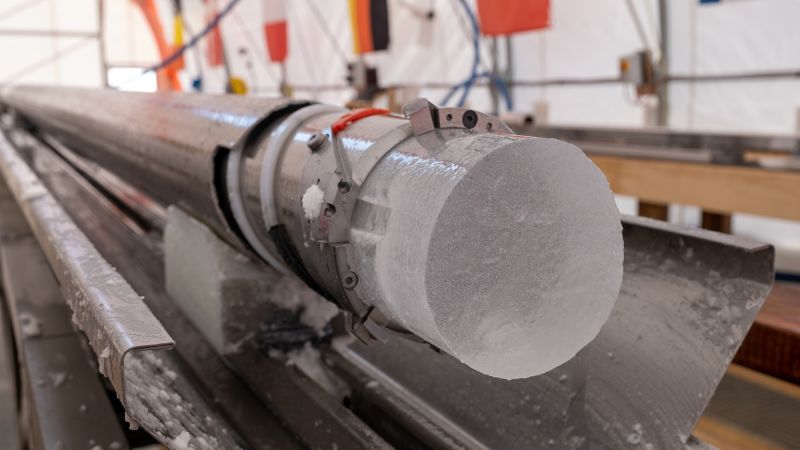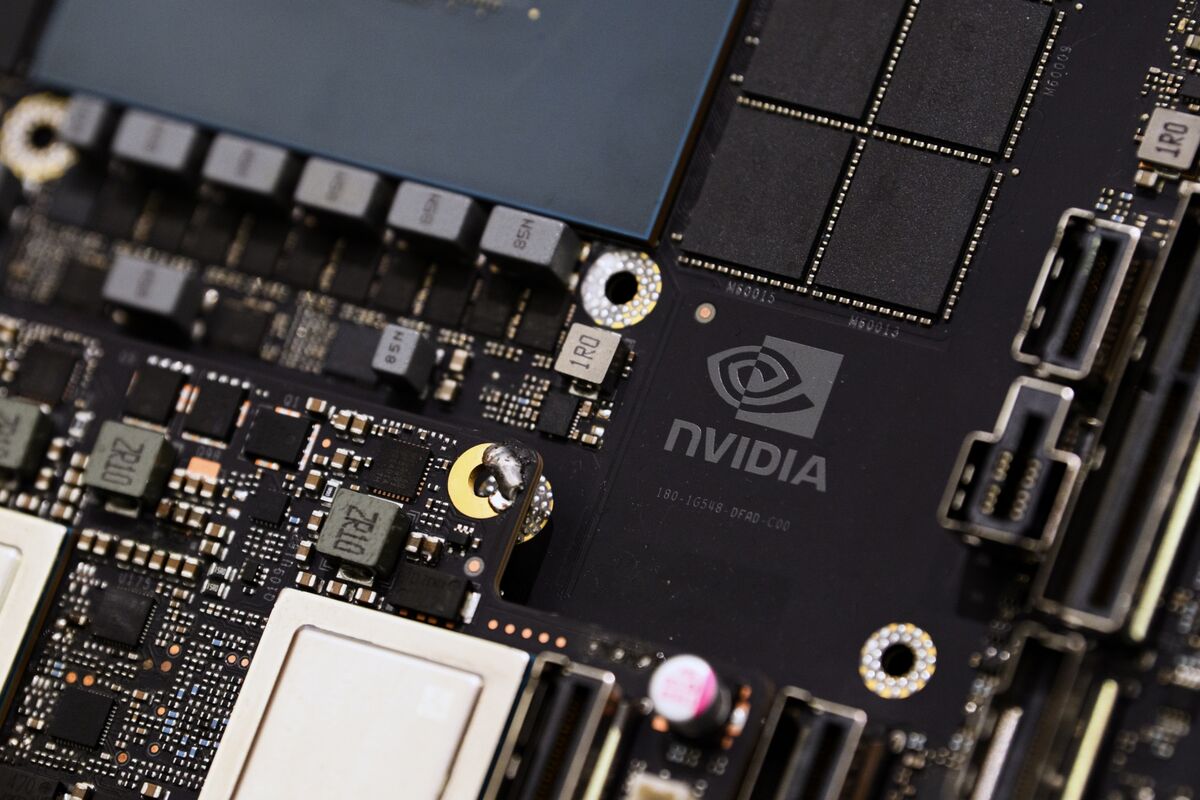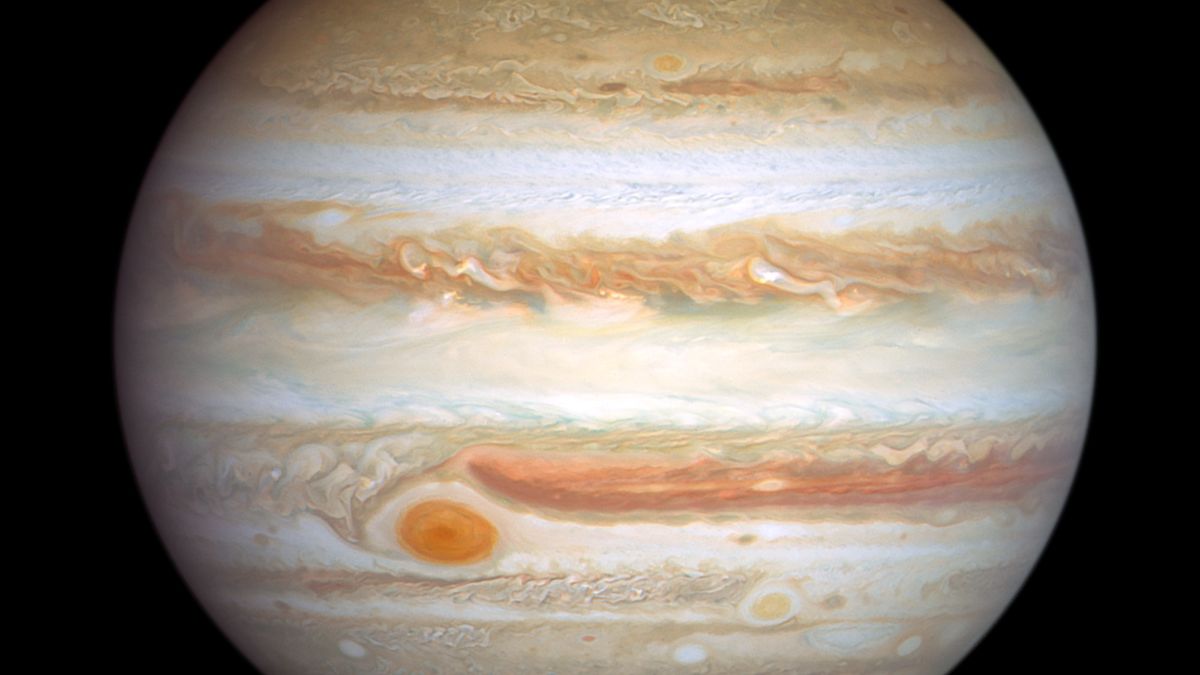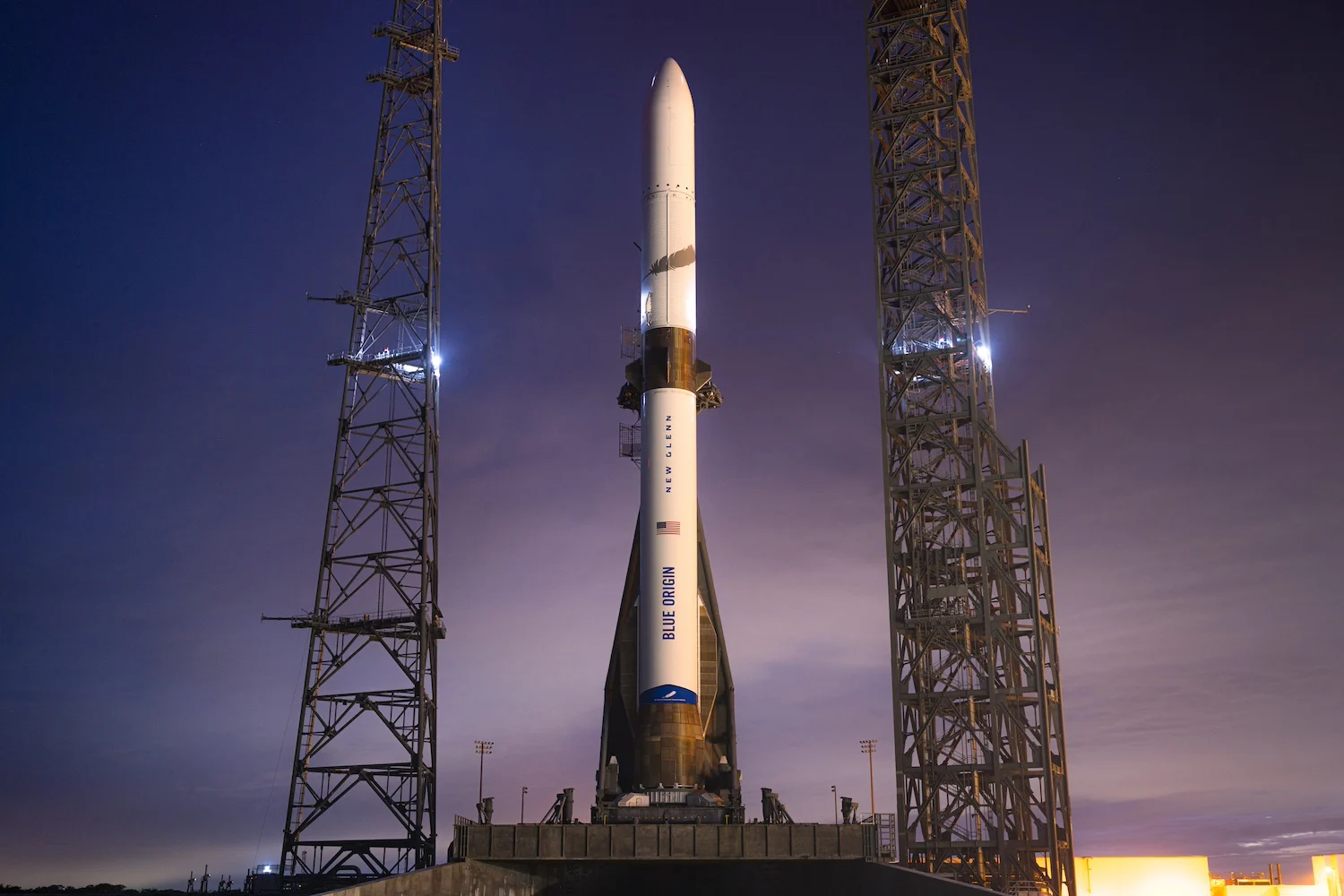Aida Daily: Antarctica's Ancient Ice Core / Biden's AI Chip Ban / Jupiter's Cloud Discovery / Blue Origin's Launch
Aida Daily
Hello, curious minds! Today we're diving into ancient Antarctic secrets, Biden's AI chip chess match, and how a backyard astronomer redefined Jupiter's clouds. Plus, Blue Origin's rocket launch and Elon Musk's synthetic data dilemma. Dive in!
Antarctica's 1.2-Million-Year Ice Core Unveiled

Scientists from the Beyond EPICA project have triumphantly drilled a 9,186-foot ice core at Little Dome C, Antarctica, dating back 1.2 million years—the oldest ever recovered! This 'time machine' holds ancient air bubbles, unlocking secrets of greenhouse gas levels and the Mid-Pleistocene Transition that nearly wiped out early humans. After four years in blistering -35°C, the team’s chilly perseverance promises to illuminate Earth’s climatic past and guide our future understanding.
Biden's AI Chip Ban Sparks Tech Tussle

On January 10, 2025, Biden's administration tightened AI chip exports, targeting Nvidia and AMD’s top models like the A100 and MI300, to block China, Russia, and expand to Gulf and Southeast Asia. Nvidia’s Jensen Huang slammed the move, fearing economic fallout, while Wall Street remains bullish on Nvidia stock. Rumor has it the incoming Trump administration might renegotiate these rules. As the AI arms race heats up, global tech dynamics teeter on the edge.
Citizen Science Shakes Up Jupiter's Clouds

Amateur astronomer Dr. Steven Hill stunned the scientific world on January 8, 2025, by discovering Jupiter's clouds are composed of ammonium hydrosulfide and smog—not the long-believed ammonia ice. Using just a commercial telescope and some clever filters, Hill's breakthrough was validated by Oxford's Prof. Patrick Irwin with Chile’s Very Large Telescope. Published in the Journal of Geophysical Research: Planets, this finding highlights how hobbyists can make heavyweight contributions to planetary science.
BepiColombo's Final Mercury Flyby Delivers Icy Surprises

On January 8, 2025, ESA and JAXA's UK-built BepiColombo wrapped up its sixth Mercury flyby, swooping as close as 295 km over the north pole. The spacecraft snapped stunning images of icy craters like Prokofiev and Tolkien, plus dazzling volcanic plains. With its monitoring cameras waving goodbye, BepiColombo gears up for orbit in late 2026. Scientists are buzzing over hints of frozen water and Mercury’s fiery past—proof that even scorched planets have their cool secrets.
Blue Origin's New Glenn Ready for January 12 Launch

Blue Origin’s towering New Glenn rocket, standing 321 feet tall, is set to make its inaugural flight on January 12, 2025, from Cape Canaveral after a weather delay. The NG-1 mission will carry the Pentagon-funded Blue Ring Pathfinder, marking its first National Security Space Launch certification. Powered by 7 BE-4 engines, New Glenn aims to lift 45 tons to LEO. Eyes are on the reusable first stage as it attempts a sea landing on the whimsically named 'Jacklyn.' Here’s to Bezos joining the orbital launch race!
Asteroid Alinda Shines Bright in 2025

Near-Earth asteroid (887) Alinda dazzles this weekend! Measuring 2.6 miles wide, Alinda made its closest Earth approach on January 8, 2025, passing within 7.6 million miles. On January 12, it peaks at magnitude 9.4—visible with binoculars or via the Virtual Telescope Project's livestream. Discovered by Max Wolf in 1918, this decennial event ensures Alinda won’t return until 2087. No cosmic threats, just stellar spectacle—time to gaze up!
Cambrian Fossils Reveal Single Nerve Cord Ancestry

In a groundbreaking 2025 study, international paleontologists unearthed Cambrian fossils (~520 Mya) indicating ancestral ecdysozoans, the ancestors of insects and worms, had a single ventral nerve cord. This overturns previous theories, showing that paired nerve cords evolved independently in modern groups like loriciferans and kinorhynchs to support more complex movements. Exceptionally preserved soft tissues made this discovery possible, highlighting the fossil record’s crucial role. Evolution just got a simpler twist!
AI Hits a Data Wall: Elon Musk Warns of Synthetic Reliance

In late 2024, Elon Musk declared that AI has exhausted all human-generated data, pushing tech giants like Meta, Microsoft, Google, and OpenAI to rely on synthetic data. While this shift could cut costs, Musk warns of “hallucinations” and biases creeping into AI models, potentially leading to their degradation. As of January 2025, the industry grapples with balancing synthetic innovation against the need for fresh, real-world data, ensuring AI remains both accurate and ethical. Who knew running out of data could be so... synthetic?
Meta’s AI Faces Copyright Crunch

In a plot twist for AI aficionados, Meta is under fire in 2025 for training its Llama models with pirated books from LibGen, reportedly greenlit by CEO Mark Zuckerberg. Authors like Ta-Nehisi Coates and Sarah Silverman are suing, accusing Meta of copyright infringement and sneaky data harvesting. Judge Chhabria slammed Meta’s document redactions as “preposterous,” potentially reshaping tech’s approach to data ethics. Will this case tame the wild west of AI training datasets?
OpenAI Shuts Down Viral ChatGPT Sentry Gun

In late 2024, OpenAI disabled STS 3D’s ChatGPT-powered robotic sentry rifle after its TikTok fame raised alarms over AI weaponry. The project, featuring a voice-controlled turret that fired blanks via OpenAI's Realtime API, breached OpenAI policies against weapon development. This move underscores the ethical debates surrounding AI in arms, especially as OpenAI continues military ties with firms like Anduril. It’s a classic case of technology’s double-edged sword—swiveling between innovation and caution.
Naujienlaiškis „Aida Daily"
Your AI-curated daily news briefing, spotlighting the latest in technology and global development. Stay informed with insights that matter.